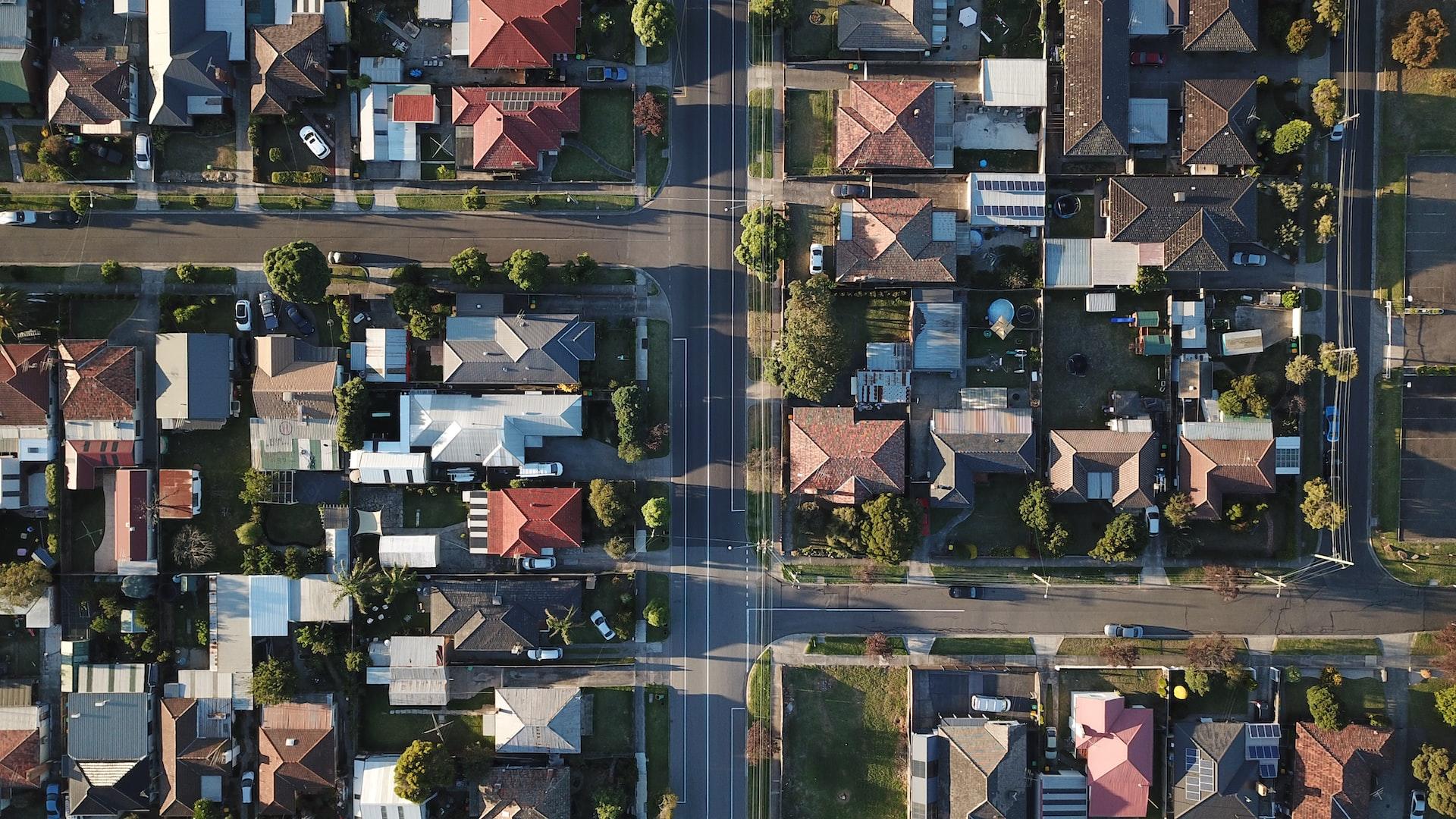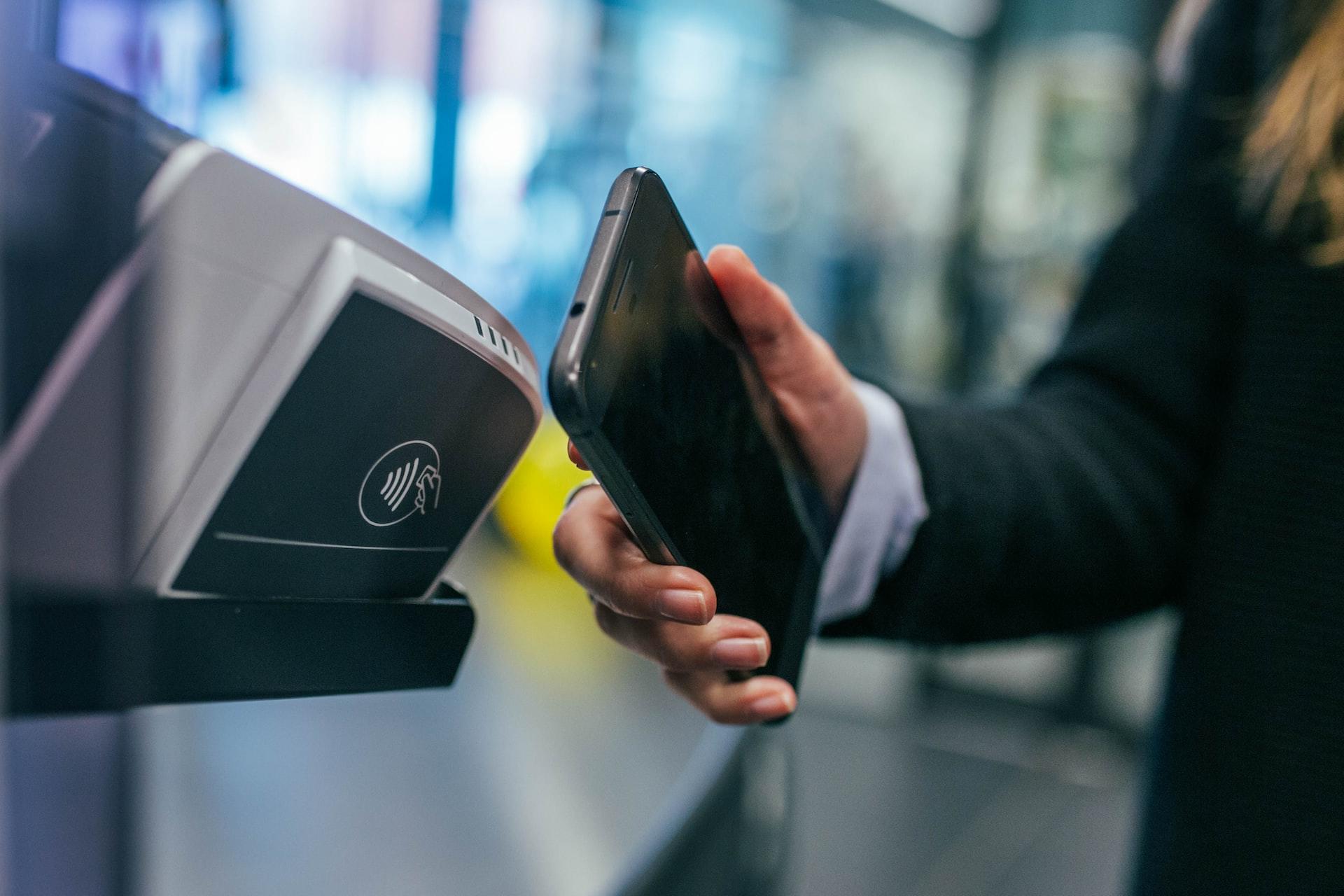Many Australians dream of owning their own home or property, but there's no such thing as simply buying a home. Homeownership is quite complicated as you have to save for a deposit, organise your mortgage or loan, and pay a whole host of different fees and taxes. This is all assuming that you've already seen the house you want to buy, there are no problems with it, and you're able to quite easily move all your stuff in.
In this quick guide to buying a house in Australia, we'll have a look at the Australian real estate market, some tips for first-time buyers, the costs to consider when buying, and how to save money so you're able to get the house that you've always dream of.
It's not easy, but breaking everything down can make the process a lot less daunting and a lot more manageable.

The Housing Industry in Australia
The Australian property market is quite famous for being tumultuous so everything we say here may have to be taken with a pinch of salt because it could very soon be old news.
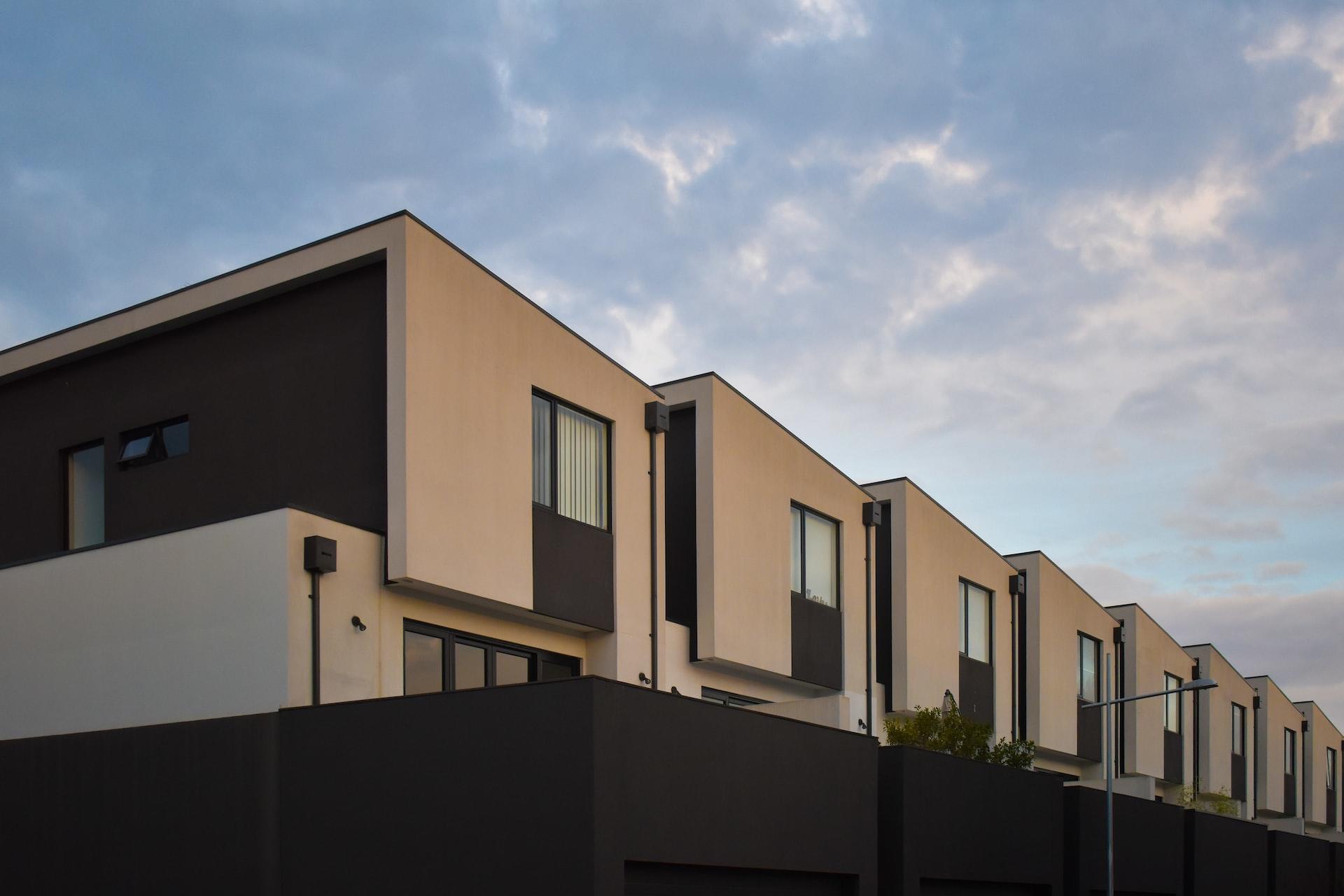
Let's go back to 2021 when median house prices in Australia were breaking records with the median across all capital cities over $1 million for the first time.
For areas like Sydney, Brisbane, Adelaide, Canberra, Hobart, and Darwin, the year-over-year (YOY) increases were greater than 25% with Hobart, Canberra, and Sydney seeing YOY increases greater than 30%!
The median house prices in Melbourne rose by a rate of 18.6%. This is relatively low in comparison to the others, but average prices were already very high.
At the time, there were concerns that a lack of affordability would affect it. With fewer people looking to purchase property and fewer people borrowing to do so, the growth stopped.
Rising interest rates, inflation, and affordability all played a part and national housing value fell by 3.2%, taking $2 billion off the market since December 2021.
The worst-affected areas were capital cities. Regional areas saw a 3.3% rise, but capital city values dropped by 5.2%.
Anybody with a crystal ball would do well to use it for the Australian housing market and it's hard to say where things will go in 2023, but the downward trend of the market obscures the fact that not every part of the country is the same and different areas are being affected differently.
When we talk about the market across the nation, we can only make predictions based on averages, median property values, the Australian market itself, and a whole host of nationwide factors and effects that may have no bearing on an individual buying property in a particular place in Australia.
For example, the downturn in capitals is worse than in regions, but generally, downturns are often temporary and can create investment opportunities for buyers.
The market is also expected to see a surge in demand due to immigration and foreign investment and in-demand neighbourhoods will command premium prices more than they did in the past.
The Top 10 Tips for Buying a House in Australia
With a crazy market and a lack of affordability, especially for first-time buyers, you can be sure that a lot of people don't know where to begin when it comes to buying a house or property
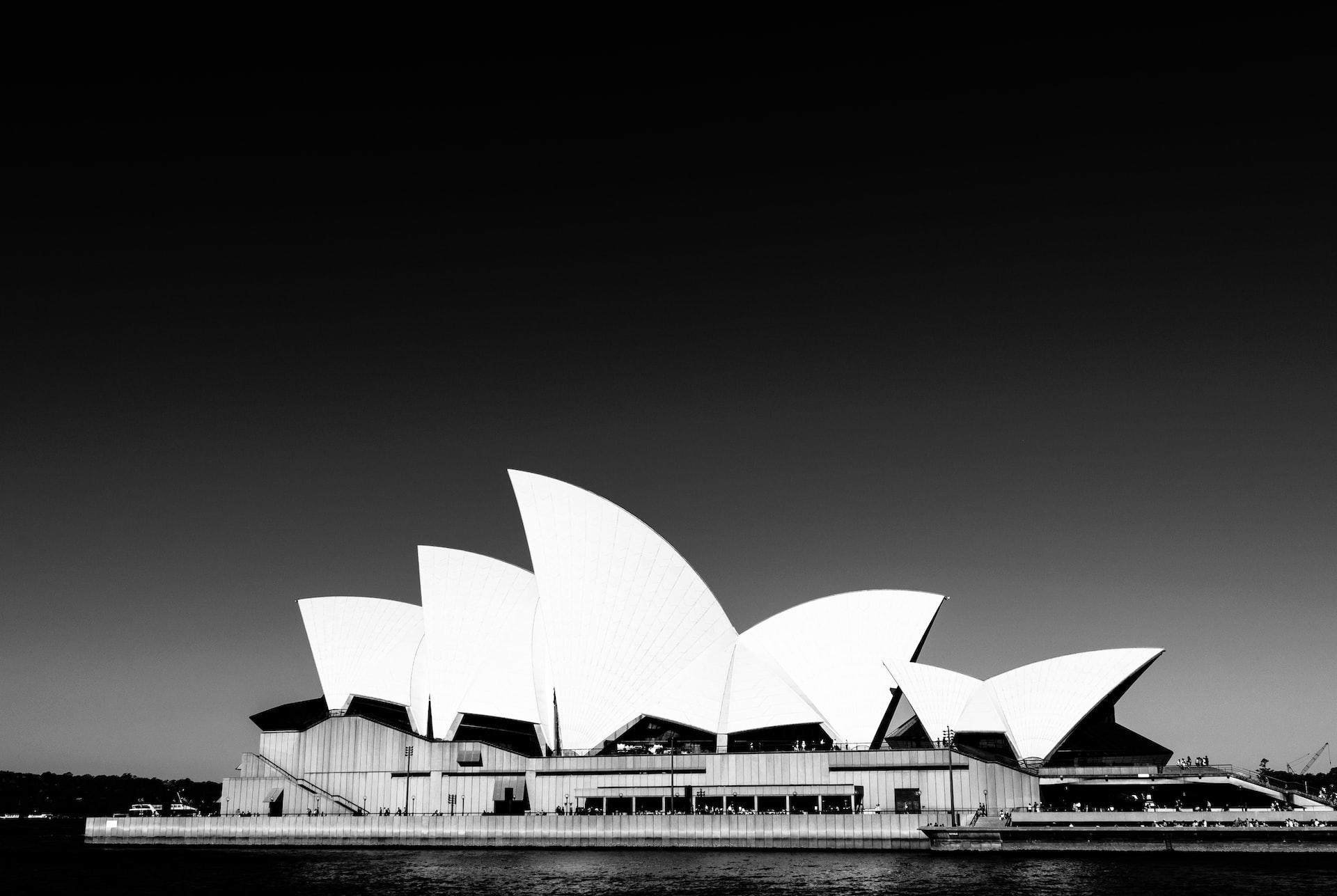
Here are our top 10 tips that should help you when buying. Naturally, there's more to buying a house than just these and you can't simply sum up the whole process in ten steps, but if you follow these tips, things will be a little easier.
Make Sure that You're Ready to Buy a House
Do a bit of soul-searching. By being “ready” to buy, we don't mean that you have the deposit, but that you're in a place in your life where owning your own home is right for you.
If you're planning on travelling the world, studying at university, or thinking about taking a job in another part of the country, it mightn't be the right time for you to invest in property that you won't be living in.
Buying a home's complicated so make sure that you're ready to do it.
Budget
In addition to looking at where you are in life and where you're going, it's also a good idea to look at your finances, see what you can afford, and think about what you need to do financially to be able to own a home.
This includes budgeting for mortgage or home loan repayments and also budgeting to save up enough money for a deposit.
Consider the Costs of Buying a House
The cost of buying property goes beyond the deposit and mortgage repayments. There are a whole bunch of costs that you have to consider. In fact, there are so many, that we've saved them for later on in this article.
Save for a Deposit
Budgeting for your deposit and mortgage or loan repayments is one thing, actually doing it is another. To save up for your deposit, you may have to make sacrifices and change your spending habits. With thoughtful planning, however, buyers can find the money they need to be approved for home loans and mortgages without too much financial burden.
Make Sure You Can Afford the Mortgage
Don't let the idea of owning your own home cloud your judgement on how much you can afford to pay back. Be realistic and make sure that mortgage repayments are an amount that you can currently afford if you already had your home and don't forget to take all the other payments and costs into account, too.
Look for the Best Mortgage Rates
One way to make sure that you can afford the mortgage is by finding the best rates. In the same way that you shouldn't really just go for the first house you see, you shouldn't go for the first mortgage you find. Not only will you want monthly payments that you can afford, but you'll also want interest rates that won't leave you paying a huge amount more than the purchase price of your home.
Be patient and shop around. There are plenty of tools and services to compare mortgages to make this whole process much easier.
Choose the Location and Property Type
Before you start looking for your home, it's recommended that you have what you're looking for in mind. You can save yourself a lot of time by immediately disregarding properties that won't be suitable or are in areas where you wouldn't want to live.
Narrow your search to areas you would want to live in, the types of homes you like, and property that you can afford as it'll make finding suitable property way easier.
Look for a House
This part can be both fun and an absolute nightmare. It's exciting looking at property and the places that could be your home one day, but it can also be horrible constantly looking for and visiting homes and never being able to find something.
As we said, it can help to narrow your search by considering certain factors before you start looking, but you also have to remember that your dream house might only exist in your mind and you may need to compromise based on what's actually available.
Negotiate the Price
The amount that you pay on your mortgage will be based on the price of the property so it's worthwhile negotiating this as it'll affect your repayments for years to come.
You don't want to lose out on opportunities by being too firm in negotiations, but if you've found a few places that you're happy with, you'll be in a position to offer less than the asking price since even if the sale doesn't go through, you have other places you could put an offer in for.
Don't Forget About the Process of Moving In
When the mortgage has been approved and the sale price agreed upon, there are still a few more things to do.
When the sale goes through, there are fees like stamp duty (which is paid within 30 days of settlement) and the cost of getting your stuff moved into your new home. You can find help with moving, but you need to remember that unless friends and family are willing to help you, you'll likely need to pay for professional movers.
If you've bought a place that'll need work, this is when all the fun really begins: you can either start hiring people or doing the work yourself.
Costs of Buying a House
We briefly touched upon the costs of buying a house earlier. Homeownership comes with more than a deposit and the cost of your mortgage repayments.
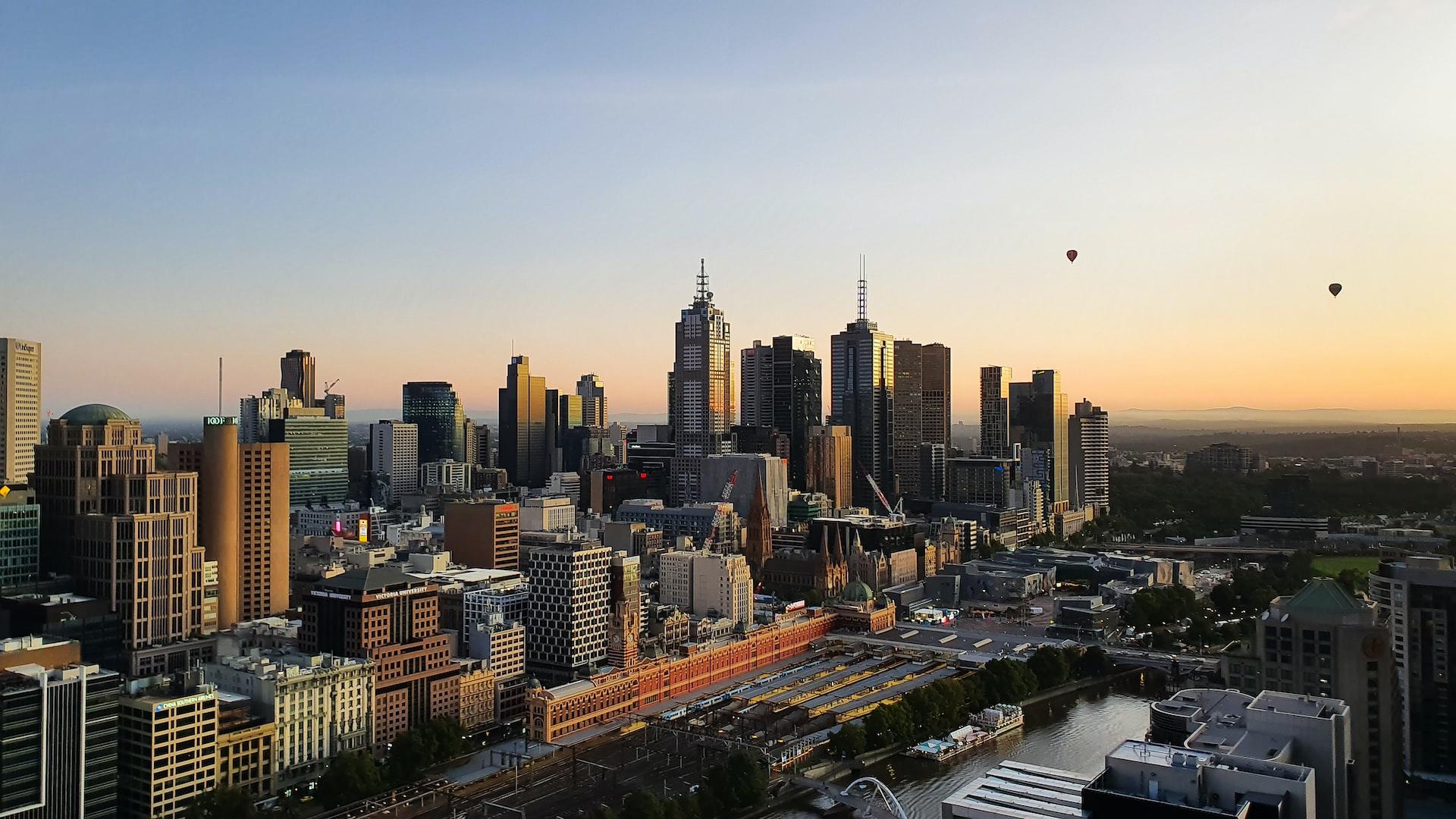
Here are just a few of the most common costs and fees associated with buying a home:
- Building and pest inspections
- Council rates
- Deposit
- Finance and insurance costs
- Home and content insurance
- Legal and conveyancing fees
- Mortgage protection insurance
- Mortgage repayments
- Moving costs
- Repairs and maintenance
- Stamp duty
- Strata fees
- Utilities
- Saving for Your First Home
The first and biggest hurdle to homeownership is saving up for that all-important deposit. It's a good idea to set yourself a savings goal and regularly look at and evaluate ways to further improve how much you save.
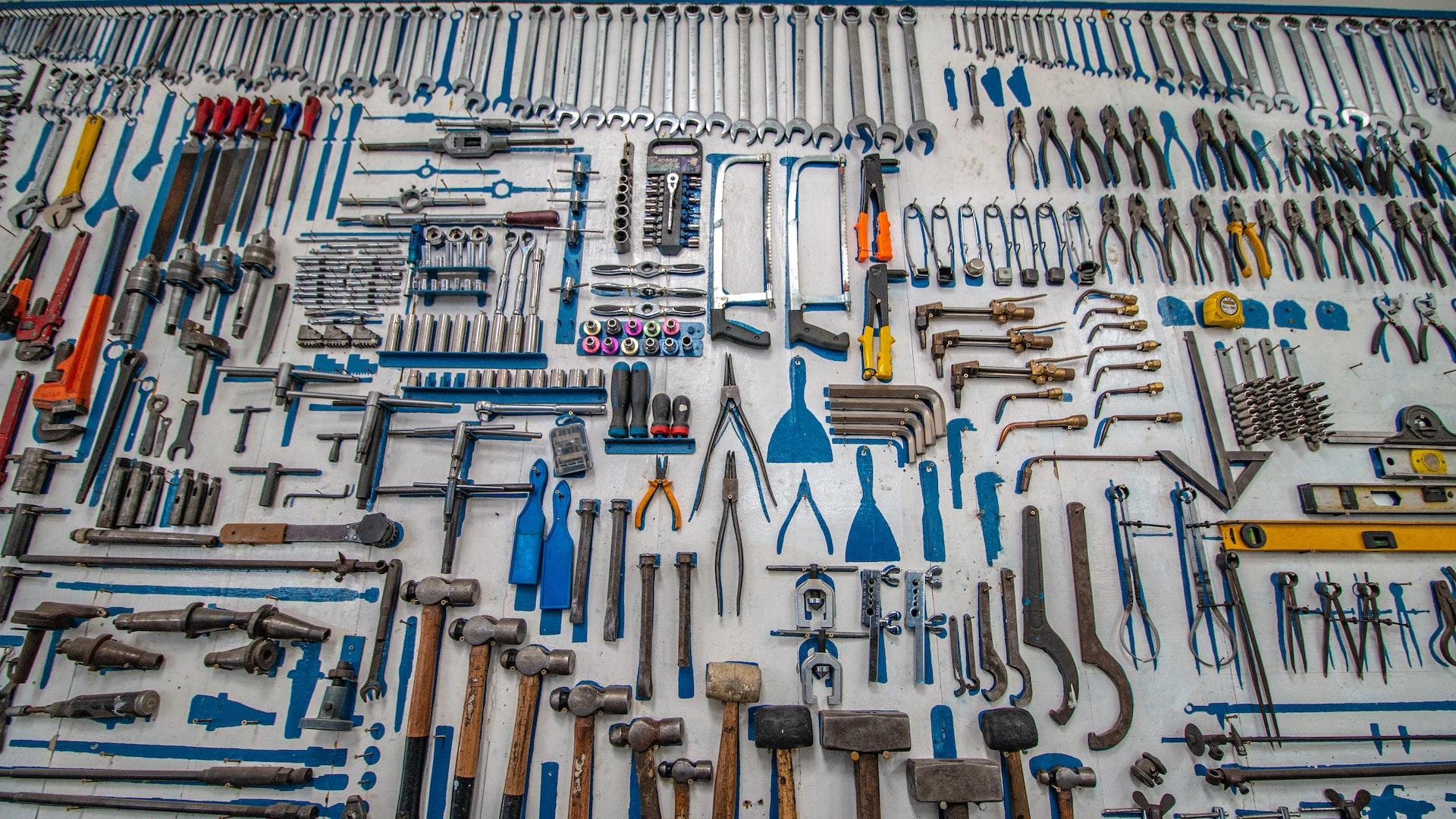
It can be much easier to save by making a few smaller changes rather than trying to make radical lifestyle changes.
Consider swapping to cheaper brands, cancelling that subscription service you never use, or going for walks in parks rather than shopping. Plenty of great ways to save that needn't completely change your life.
If you keep all of this in mind, then you should be able to start working towards buying a home. Good luck!
Summarise with AI:

